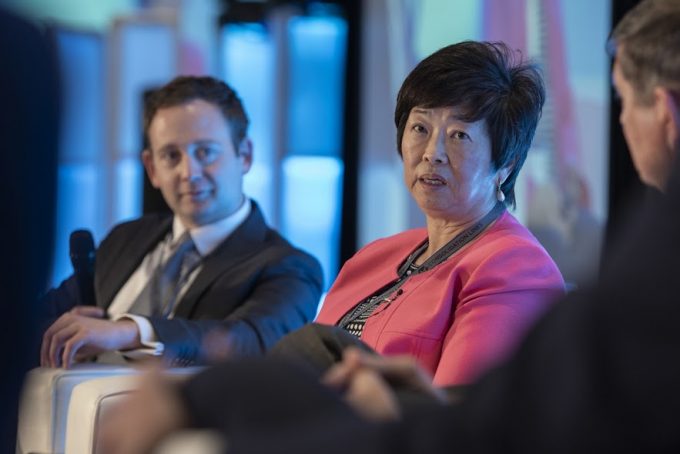New services and reinstated blanked sailings boost transpacific capacity
The Gemini Cooperation has introduced an additional transpacific service as a rush of demand and ...

Companies can find “tremendous value” in new technologies, but it’s crucial to think carefully about the driver behind any change and how it is implemented.
But change is essential, warned Grace Liang, president, OOCL Canada, at the recent CIFFA conference in Toronto.
“In the next couple of years, ...
CMA CGM South Korean staff strike over bonuses after bumper 2024 profit
'Another painful headache for shippers' as Asia-N Europe rate rally ends
Amazon Air Cargo partners-up for new transpacific route into the US
MSC switches two more Asia-Europe port calls from congested Antwerp
Ports and supply chain operators weigh in on funding for CPB
Nightmare for Bangladeshi exporters as congestion and tariffs bite
CMA airline returns two freighters, while ANA takeover of NCA looms
Carriers introduce surcharges as congestion builds at African ports

Comment on this article